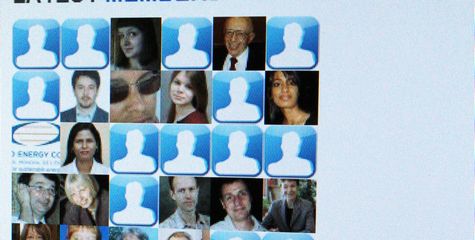WI-WE Progress
| Progress: 100.00% WWI-WE Version: 1 | |
| 0 | mandatory questions pending |
| 19 | questions total |
| 19 | questions answered |
| 19 | questions completed |
| 0 | questions pending |
Mapping Weak Signals
Inspired by: social networks » Several Arab leaders urged attack on Iran over nuclear issue

Originally submitted by: Rafael Popper
List of all contributors by versions (mouse over)
Last changed by: Rafael Popper
WI-WE status:
.png)
